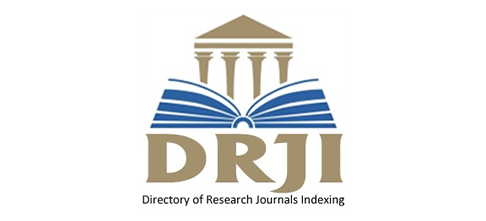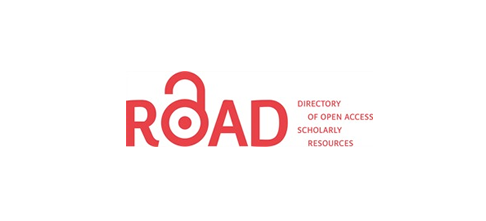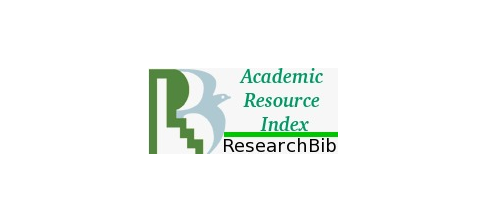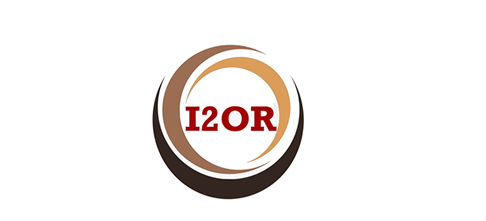Hedefine Ulaşabilen Toplumsal Olayların Nitelikleri ve İstihbarat Teşkilatlarının Olası Rolleri
30.01.2024 | Ömer Faruk ÇELİK
Özet
Soğuk Savaş’ın bitimiyle birlikte etnik ve dinsel farklılıkların başat rol aldıkları toplumsal olaylar, farklı coğrafyalarda kendi öznel şartlarıyla gerçekleşmeye devam etmektedir. Bu bağlamda çalışma “Ülke rejimine aleyhtar bir toplumsal olayda istihbarat teşkilatları hangi rolleri üstlenebilir?” sorusuna cevap aramaktadır. Ancak çalışma, toplumsal olaylar gibi karmaşık bir konu üzerinde ilerlediğinden ikincil öneme sahip bir soru daha sormayı gerekli görmüştür. Rejim karşıtı toplumsal olayları incelemede yardımcı nitelikler bulabilme amacıyla “Rejim aleyhtarı bir toplumsal olay hedefine nasıl ulaşır?” sorusu sorulmuştur. Bu soru ile toplumsal olayların nitelikleri incelenerek, bulunabilecek çıktılar üzerinden istihbarat teşkilatlarının alabileceği roller irdelenmek istenmiştir. Nitel araştırma yöntemleri kullanılarak bir derleme çalışması hazırlanmıştır. Görülmüştür ki toplumsal olaylarda şiddetsiz mücadelenin seçilmesi, protestoları yöneten örgütlü bir yapının bulunması, protestoların kitleselleşmesi, rejimin güvenlik güçlerinde taraf değiştirmelerin görülmesi, dış bir ülke desteğinin olması, rejimi destekleyen güçlerin muhaliflerin önerilerini değerlendirmeye başlaması, protestocuların toplumun farklı kesimlerinden gelmesi, mücadelenin birden çok protesto enstrümanını kullanması gibi hususlar uluslararası ölçekte başarıya ulaştıran faktörlerdir. Çalışma bu bulguların ardından asıl sorusu üzerine odaklanmış ve istihbarat teşkilatlarının temel fonksiyonları incelenmiştir. İstihbarat teşkilatlarının propaganda, dezenformasyon, etki ajanlarını kullanmak, örtülü operasyon gibi faaliyetlerle toplumun protestolara katılımı ve devamlılığına doğrudan müdahil olabileceği görülmüştür. Çalışma tüm bu değerlendirmelerin ardından somut örnekler gösterebilmek adına “hibrit savaş” konseptini inceleyerek sonlanmıştır.









